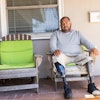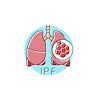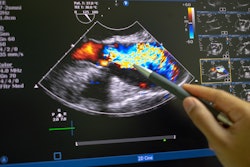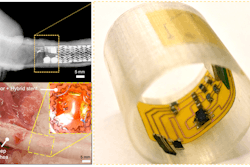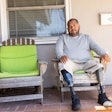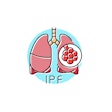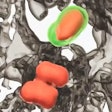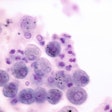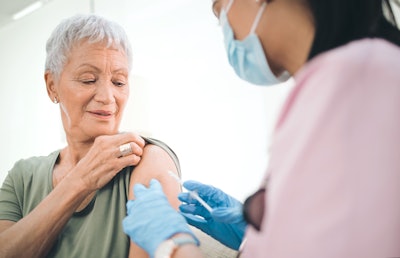
A study published in The Lancet determined the respiratory syncytial virus (RSV) vaccine to be significantly effective against critical illness, hospitalizations and emergency department encounters in individuals at least 60 years old. The study evaluated real-world data on lower respiratory tract disease to confirm clinical trial results.
The research team analyzed inpatient, emergency department and urgent care visits associated with the virus from Oct. 1, 2023, to March 31, 2024, from an electronic health records-based network covering eight U.S. states. The data was compared against RSV vaccination status provided through EHR documents, immunization registries and medical claims.
Per the study’s results, out of 28,271 encounters for RSV-associated illness in people who were at least 60 years old and not immunocompromised, the RSV vaccine was 80% effective against hospitalizations and 81% effective against critical illness. Further, among 8,435 individuals who met the age minimum and were immunocompromised, researchers found the vaccine to be 73% effective against hospitalizations and 77% effective against emergency department encounters.
The researchers measured vaccine efficacy by immunosuppressed status, comparing the likelihood of vaccination among RSV-positive and RSV-negative cases. They adjusted for age, sex, race, ethnicity, date, geographical region, social vulnerability index and presence of other respiratory and non-respiratory medical conditions.
The data represents the first RSV season following FDA approval and CDC recommendation of the RSV vaccine in people 60 years of age or more in June 2023. In clinical trials, Arexvy (GSK) showed 87.5% effectiveness against RSV-like illness and Abrysvo (Pfizer) showed 84.6% effectiveness.


